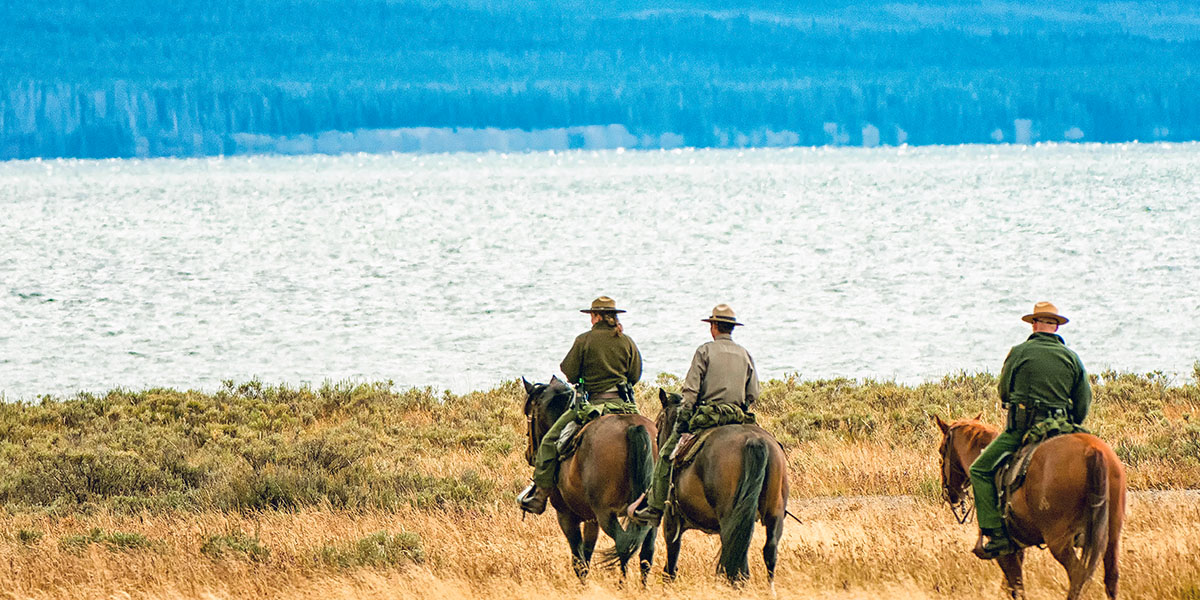A rumored “deep and blunt” reduction-in-force this week is expected to affect the entire Department of the Interior, which includes not only the National Park Service (NPS), but also the Bureau of Land Management. As reported by National Parks Traveler on May 1, a since-deleted post on social media site Reddit alleged that “aggressive and swift” cuts were coming by the middle of the month to the NPS offices in Washington, D.C., and Fort Collins, Colorado, among others.
The Parks Service is already direly understaffed, having started the year with roughly 20,000 employees, down 15 percent from 2010 despite a 16 percent increase in park attendance since that time. Following the rescinding of seasonal offers and firing of probationary employees (which were reversed in court), an estimated 2,400–2,500 employees taking offers to retire or resign, and the instruction of remaining employees to submit updated resumes, this would be but the latest blow to a government service that is, plainly, being deliberately dismantled. In fact, job cuts and losses since the beginning of the year have affected operations to such an extent that scientists working at Yosemite have been asked to clean toilets to keep parks open.
Reduced Budget Threatens Survival of National Parks
Though the claimed layoffs have yet to happen, it would come as no surprise. The federal budget revealed on May 2 called for a cut of over $1 billion to the National Park Service, a full quarter of the previous year’s budget. These cuts are further compounded by a fear that the park lands themselves would be sold off to balance the deficit created by the administration’s tax cuts — fears that have prompted the introduction of the Public Lands in Public Hands Act, a bipartisan effort that seeks to prohibit the transfer of federal lands to private entities.
As a result of the sheer number of the current administration’s policy directives and challenges – and the speed at which changes are announced then withdrawn – it has become increasingly difficult for individuals, organizations, and even government representatives to mount a concerted defense to protect this treasured national institution.
Concerned citizens, however, are not without recourse. They can take action, including contacting government representatives, speaking to media outlets, and donating to organizations and campaigns that work to inform, advocate, and protect national parks.

Leave a Reply